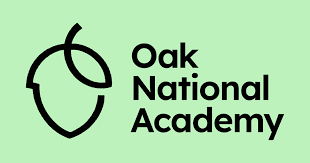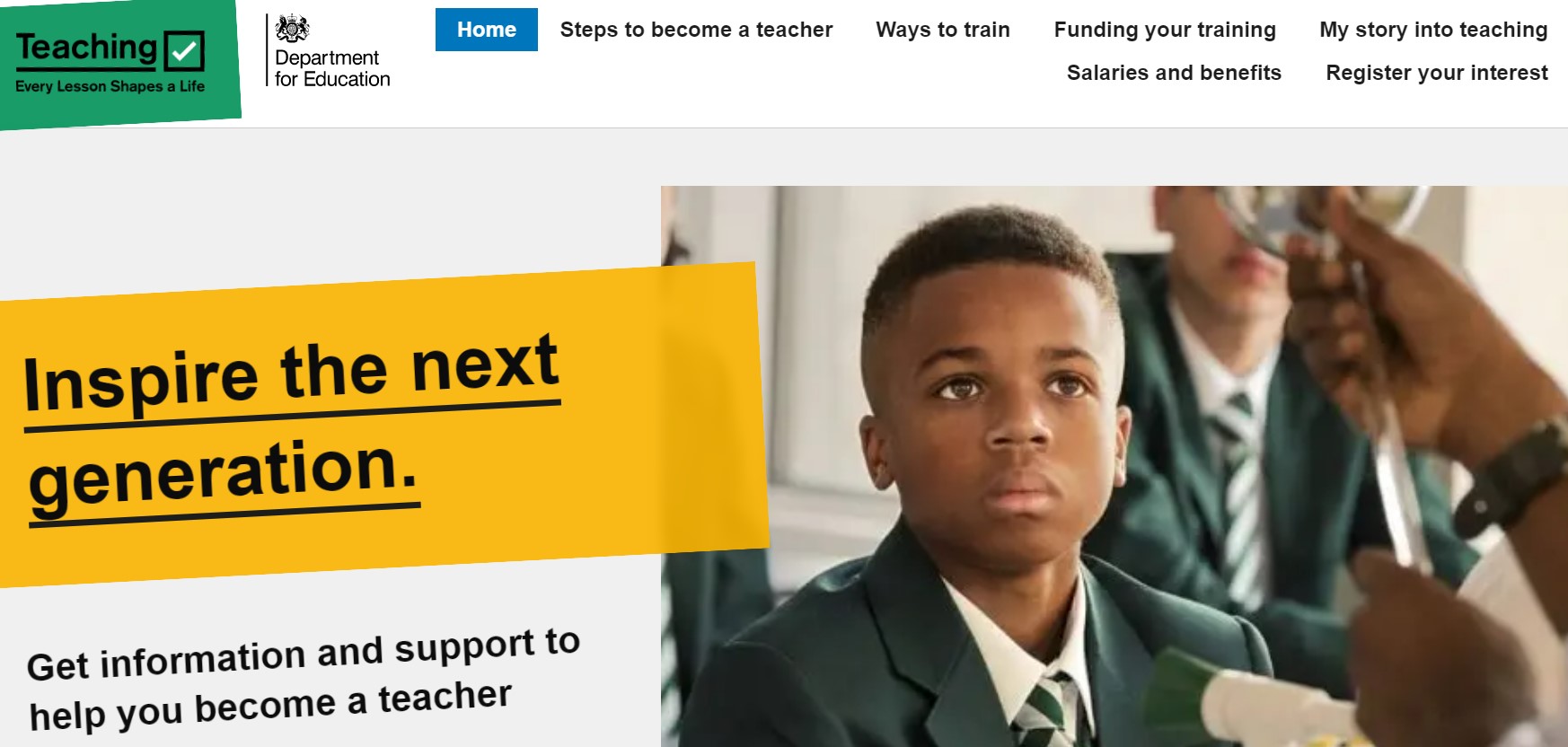How to become a teacher
Why become a teacher?
The difference between a child falling through the cracks and a newly discovered interest that could become their lifelong passion and career, is a good teacher! Sitting in any classroom across England will be the athletes, musicians, entrepreneurs, innovators, scientists, politicians and craftspeople of tomorrow. By inspiring and supporting the next generation, teachers have a profound impact on society and there are very few other professions that will provide the same sense of achievement and accomplishment.
We hope that the information within the pages on the left-hand side of this screen and below will help you to understand the options available for those considering teacher training. Keep reading to think about the age group you want to teach, getting school experience/a paid internship and how to apply for ITT.
You may prefer to contact us (01252 986890 or tshub@sfet.org.uk) - our team would be happy to answer any questions that you may have (however big or small).
A great starting point for information on how to become a teacher is the Department for Education's Get into Teaching website. You can browse the information here or register for tailored support. You can obtain personalised advice from the Get into Teaching team on your training options, the application process and your next steps. You can register here.
The Department has recently produced a digital Get Into Teaching brochure for undergraduates, with information on funding, benefits, the process of how to become a teacher and more: DFE Digital Brochure 2024-25.
Which age group should I teach?
It’s good to consider what kind of teacher you want to be based on your interests, skills and experience. Get school experience or attend events to see which of the following settings suits you best:
| Age phase | Considerations |
|---|---|
| Early years (children up to the age of 5) |
If you want to help young children under 5 years old to develop, you might consider becoming an early years teacher. Early years teachers play an essential role in children’s development up to the age of 5 and provide high-quality early education. Learn more about the routes to become an early years teacher. |
|
Primary (ages 5 to 11)
|
The teaching content is broad, covering the whole range of national curriculum subjects including English, maths, science, as well as art and design, computing, geography, history, music and physical education (PE). If you like the energy and curiosity of young children, and would be comfortable covering a wide range of subjects, you might prefer teaching in primary schools. |
|
Secondary (ages 11 to 18)
|
Subjects at this level include core subjects such as English, maths and science, as well as many others. The full range of subjects available to teach at secondary level will depend on the school. If you are passionate about teaching one subject, you might prefer teaching in secondary schools. You do not necessarily need a bachelor’s degree in a subject to teach it. It’s up to your teacher training provider to decide if you have the skills and knowledge required. In some cases, you may be able to train to teach a different subject to your degree if:
You could also receive a scholarship or bursary of up to £29,000 to train to teach certain subjects. Find out more about your eligibility for a scholarship or bursary. |
| Further education (for example, teaching at further education colleges or sixth form colleges) |
If you’ve got industry experience and a passion for teaching young people over 16 and adults, then further education could be for you. There are three key areas:
Learn more about teaching in further education. |
|
Teach pupils with special educational needs and disabilities (SEND) |
Most disabled pupils and pupils with special educational needs learn in mainstream schools. Wherever you train and work – whether it’s in mainstream schools, special schools, or both – you’ll work with pupils with a range of needs. You can choose to apply for a teacher training course that specialises in SEND or you can gain the skills and experience as you train to teach. Learn more about the routes to teach pupils with special educational needs and disabilities (SEND). |
| Subject Knowledge Enhancement (SKE) programmes |
The department funds SKE programmes for applicants who have the potential to become outstanding teachers but who need to increase their subject knowledge. The length of the SKE courses can vary in duration, from an eight-week refresher or booster course through to a 28-week programme. The SKE courses can be undertaken on a full-time or part-time basis but must be completed before QTS can be recommended and awarded. |
Get teaching experience with a paid internship
Get teaching experience with a paid internship
If you’re studying for an undergraduate or master's degree and interested in teaching, an internship could help you to understand what it’s really like in the classroom.
Internships last 3 weeks, start in June or July and you’ll be paid from £300 per week.
You need to be studying for a related undergraduate or master's degree and interested in teaching one of the following:
- chemistry
- computing
- languages
- maths
- physics
You’ll get to experience a range of activities to help you get a feel for school life.
Get school experience
You can visit schools to get unpaid experience in the classroom before you start your initial teacher training (ITT).
It can help you:
- decide if you want to train to be a teacher
- discover which setting you’d like to teach in (primary or secondary)
- build a relationship with a school you might want to work for later
What to expect
Your experience will either be in a school or joining classes and meeting teachers online. Placements usually last one or 2 days, but some can last up to 3 weeks.
During your experience, you’ll get to do things like:
- observe lessons
- see how teachers manage a classroom
- find out how specific subjects are taught
- speak to teachers and interact with pupils
- learn more about teacher training - including the application and interview process
Find school experience
You can search for and request school experience (opens in new window) in England.
If you can’t find what you’re looking for, you can call a school directly. You can find schools near you(opens in new window) and ask who to talk to about getting school experience.
They may ask you to have a DBS check before attending.
Watch pre-recorded lessons
You can observe teachers’ lessons (opens in new window) on the Oak National Academy website to help you get to know teaching better, before or alongside your ITT.
How to apply
You can usually start applying for postgraduate training in October and undergraduate training in May, the calendar year before your course starts.
You can apply throughout the year, but some courses do fill up quickly.
Get tips on making a great application, including finding the right references and writing a personal statement.
Apply for postgraduate teacher training here (opens in new window).
A teacher training adviser can also help you get your application ready.

